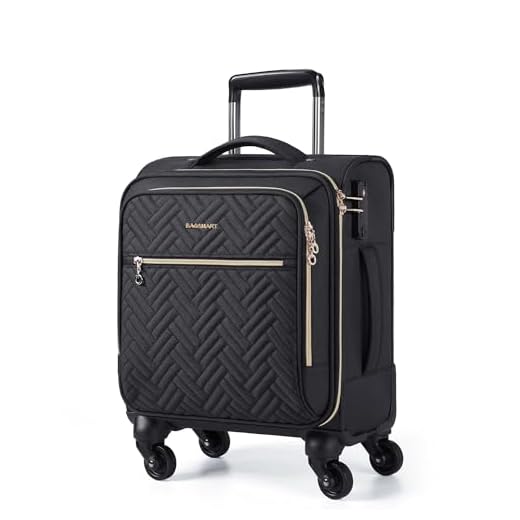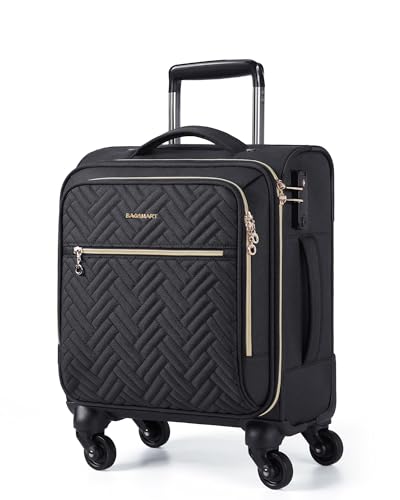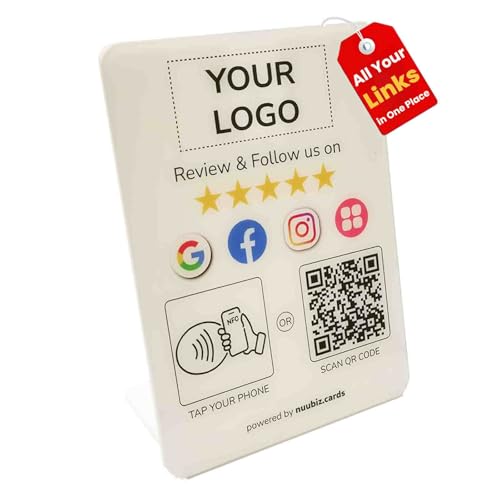

Travel gear purchases linked to work-related travel may qualify for tax deductions. It’s essential to keep thorough records proving that the items directly serve the purpose of facilitating work activities, such as client meetings or business conferences.
Documentation should include receipts showcasing the costs incurred for the items. Additionally, retain evidence of the travel itinerary or meeting schedules to substantiate the necessity of these purchases. This connection between the expenses and the tasks performed helps establish their validity during tax reporting.
Consulting with a tax professional can provide clarity on eligibility criteria. Each jurisdiction may have specific regulations governing what can be written off, so understanding local tax laws is critical for maximizing potential savings.
Understanding Travel Expense Categories
Recognize that travel costs can fall into various classifications, impacting an organization’s financial reporting and tax filings. Key categories include transportation costs, accommodation fees, meals, and incidentals.
Transportation and Accommodation
Transportation often encompasses airfare, railway fares, car rentals, and fuel expenses. Ensure that all invoices and receipts are preserved for accurate record-keeping. Accommodation costs cover hotel stays or other lodging options during work-related trips. Daily rates should be tracked, alongside any additional fees for services or amenities.
Meals and Incidentals
Meal expenses are frequently a significant portion of travel budgets. Document meals associated with client meetings or work functions. Adjustments might apply based on location, as limits may differ by city or country. Incidentals include tips, parking fees, and other minor charges incurred while traveling. Track these diligently to ensure compliance with internal policies.
Criteria for Deducting Luggage Costs on Tax Returns
To qualify for a deduction related to travel gear, the main criterion is that the item must be necessary for work functions. If the bag is exclusively used for tasks tied to income generation, it poses a valid claim for deduction. Documentation, including receipts and a clear record of business travel, will bolster this claim.
Another key factor involves the type of trip. Travel to conferences, client meetings, and other work-related events typically justifies claims for related expenses. Conversely, personal trips or leisure travel would negate eligibility for these deductions.
Requirements for Itemization
Claims must adhere to IRS guidelines, which stipulate itemization rather than standard deduction methods. Individuals must keep meticulous records of travel dates, locations, and the purpose of the trips. Additionally, an item used for personal and business purposes must be proportionately justified; thus, only the business-related portion can be deducted.
Supporting Gear and Accessories
Accessories such as an umbrella can also factor into travel-related deductions. For instance, finding the best vented travel umbrella might support work trips where weather conditions necessitate such items. Likewise, investing in the best uv protection umbrella brands in usa aligns with personal safety and comfort during outdoor business activities, qualifying as ancillary expenses that enhance overall work efficiency.
What types of luggage qualify as business necessities
Travelers should focus on specific types of carriers that can be deemed necessary for their professional activities. These include:
- Briefcases and Professional Bags: Designed for documents, laptops, and essential items, these carriers are integral for meetings and presentations.
- Suitcases: Sturdy and spacious options that accommodate clothing and personal items for multi-day trips, ensuring a polished appearance while away.
- Rolling Backpacks: Ideal for versatile use, allowing easy transport of both technology and personal essentials, particularly useful in busy environments.
- Travel Organizers: Items such as packing cubes, tech pouches, and travel wallets help manage paperwork and electronics efficiently.
Specific features also enhance their necessity:
- Durability: High-quality materials ensure longevity, making them a reliable choice for frequent travelers.
- Size: Adhering to airline regulations helps avoid extra fees and ensures compliance during travel.
- Organization: Compartments for various items facilitate better management and quick access during travel.
Assessing items based on their functionality and need during professional activities will clarify their role as essential tools for work-related travel.
Documentation Required for Claiming Luggage Costs
To successfully claim expenses related to travel gear, maintain the following records: receipts that clearly display the purchase date, item description, and amount spent. Digital or physical copies are acceptable, but ensure all details are legible.
Detailed Itemization
Alongside receipts, provide an itemized list that outlines the purpose of each purchase. Specify how the gear contributes to your professional activities. This will strengthen your case for including these purchases when filing taxes.
Travel Itinerary and Purpose
Attach a copy of the travel itinerary or any relevant documentation that shows the connection between the trip and your work responsibilities. Include meeting confirmations, event registrations, or any correspondence that supports the necessity of the gear acquired.
Best practices for managing travel-related expenses
Implement a centralized system for tracking and recording travel-associated costs. Utilize expense management software to streamline the process, minimizing errors and saving time.
Establish clear policies regarding allowable charges for trips. This should encompass transportation, accommodations, meals, and other necessary items. Providing a well-defined guide ensures employees understand what is covered.
Regular audits
Conduct periodic reviews of travel-related payments to identify discrepancies and ensure compliance with company policies. This practice helps catch unauthorized spending early and reinforces accountability.
Educate staff
Provide training sessions focusing on proper expenses documentation and submission. Stress the importance of retaining receipts and understanding the qualifying criteria for reimbursement. Equip employees with knowledge to avoid confusion and rejection of claims.
Keep abreast of regulatory changes affecting deductions. Regularly consult reputable sources, or seek guidance from tax professionals to stay informed about applicable laws. For instance, check updates on related topics, like are dji drones banned in us.
Implement a pre-approval process for major travel charges. Approving substantial costs beforehand can prevent unexpected financial burdens and helps maintain budgetary control.
FAQ:
Are there specific criteria for determining if luggage expenses can be classified as business expenses?
Yes, there are specific guidelines to consider when determining if luggage expenses qualify as business expenses. Primarily, the expense must be directly related to business activities. For instance, if an employee travels for work and needs luggage to transport necessary attire and materials, that cost may be deemed a legitimate business expense. Additionally, the trip should be for a business purpose, such as attending a conference or meeting clients. It’s important to keep receipts and document the business reason for the trip to justify the expense during tax filings.
How can a business owner ensure luggage costs are properly documented for tax purposes?
To ensure that luggage costs are documented appropriately for tax purposes, a business owner should maintain clear records of all travel-related expenses. This includes saving receipts for luggage purchases and making a note of the business purpose of each trip. It can be helpful to create a travel log that outlines dates, locations, and reasons for travel, along with a detailed account of expenses incurred. Consulting with a tax professional or accountant can also provide guidance on how to categorize these expenses correctly and keep compliant with tax regulations.







